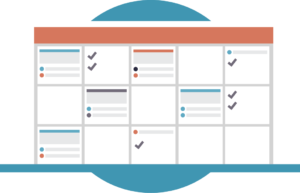 One of the most common questions we get from members is, “How do I increase the value and the volume of member engagement?” This challenge persists across all community types, sizes and use cases. One way we’ve found to increase audience engagement, in terms of both quality and quantity, is to implement an editorial calendar for your community programming.
One of the most common questions we get from members is, “How do I increase the value and the volume of member engagement?” This challenge persists across all community types, sizes and use cases. One way we’ve found to increase audience engagement, in terms of both quality and quantity, is to implement an editorial calendar for your community programming.
Earlier this year Georgina Cannie shared some best practices for creating an editorial calendar with members of TheCR Network. In addition to the practical tips she outlined, she also gave a great overview of the benefits of building and maintaining and editorial calendar. I wanted to share her great advice here, for any community managers considering the process.
Stability + Freshness
When you implement an editorial calendar you formally introduce a cyclical timeframe into your community program. These program and content anchors provide increased familiarity and stability to your members. Now, they know what’s going on, what to expect and when to expect it. Since the topic of each cycle is shifting and different collaborators are used, you can create a space for fresh content without confusion. Consider the success of widespread reoccurring events – like the popular Throwback Thursday (#tbt) on social media.
Don’t Reinvent the Wheel
By maintaining the same time and program structure in each editorial cycle, your community team (or you!) doesn’t have to create fresh content plans each week. A program template has been designed and content is plugged into it, which allows the community manager to focus on the value and the curation of the content itself.
Listening + Response Channels
By implementing this structure, the behavior of catering to passing member interests is no longer detrimental to the community effort or the community manager time due to positive reactivity. The shifting topic cycle is the perfect excuse for a community manager to act on community listening and plug-in what members are asking for without disrupting the entire framework. While it might seem like a lot of work in the beginning, an editorial calendar actually frees up your time in the long run to provide better content to your members.
Do you currently use an editorial calendar in your community program planning? What benefits have you found to introducing this structure into your day-to-day community work?

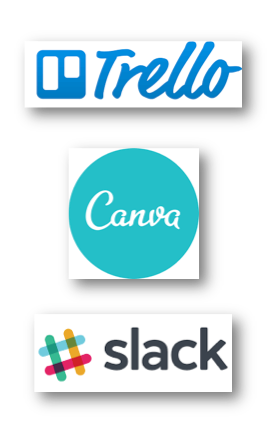 The recent Atlassian
The recent Atlassian  focused, means you spend a lot of your time online. While the majority of your community programming and activities might take place online many of our members have reported that live, face-to-face events also help contribute to the success of their communities. But what if you simply can’t get your members together in real life? Maybe your community members live in locations around the world.
focused, means you spend a lot of your time online. While the majority of your community programming and activities might take place online many of our members have reported that live, face-to-face events also help contribute to the success of their communities. But what if you simply can’t get your members together in real life? Maybe your community members live in locations around the world.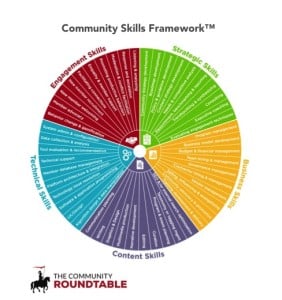
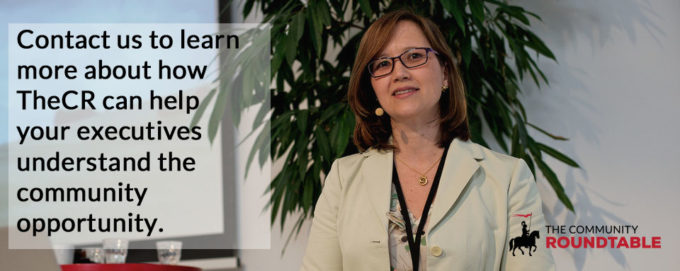

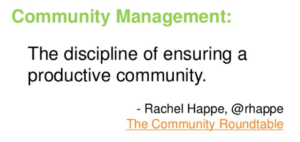 Looking to get started in community management, or just need a refresher on the basics? Check out these community management 101 resources! We’re highlighting the fundamentals of community management in this week’s
Looking to get started in community management, or just need a refresher on the basics? Check out these community management 101 resources! We’re highlighting the fundamentals of community management in this week’s 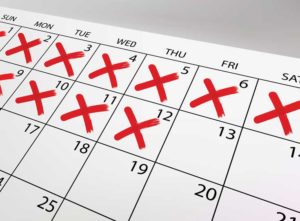 Ask an overworked community manager what they wish they had more of – and you’re likely to get one of two answers: resources or time. How a community pro spends his or her time matters greatly to their communities, but how much? We asked our participants to share how they and their teams spent their time – and saw some interesting trends.
Ask an overworked community manager what they wish they had more of – and you’re likely to get one of two answers: resources or time. How a community pro spends his or her time matters greatly to their communities, but how much? We asked our participants to share how they and their teams spent their time – and saw some interesting trends.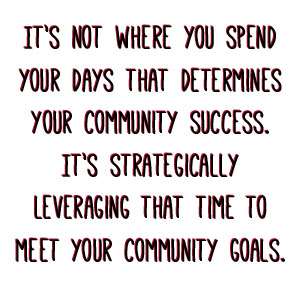 Of course, “in the platform” does not equate to “visible in the community”, either – a reminder again both that much of your important work can go unseen by members, and that “working out loud” is a great way to bring visibility to work (yours and others’) that makes a robust community possible.
Of course, “in the platform” does not equate to “visible in the community”, either – a reminder again both that much of your important work can go unseen by members, and that “working out loud” is a great way to bring visibility to work (yours and others’) that makes a robust community possible.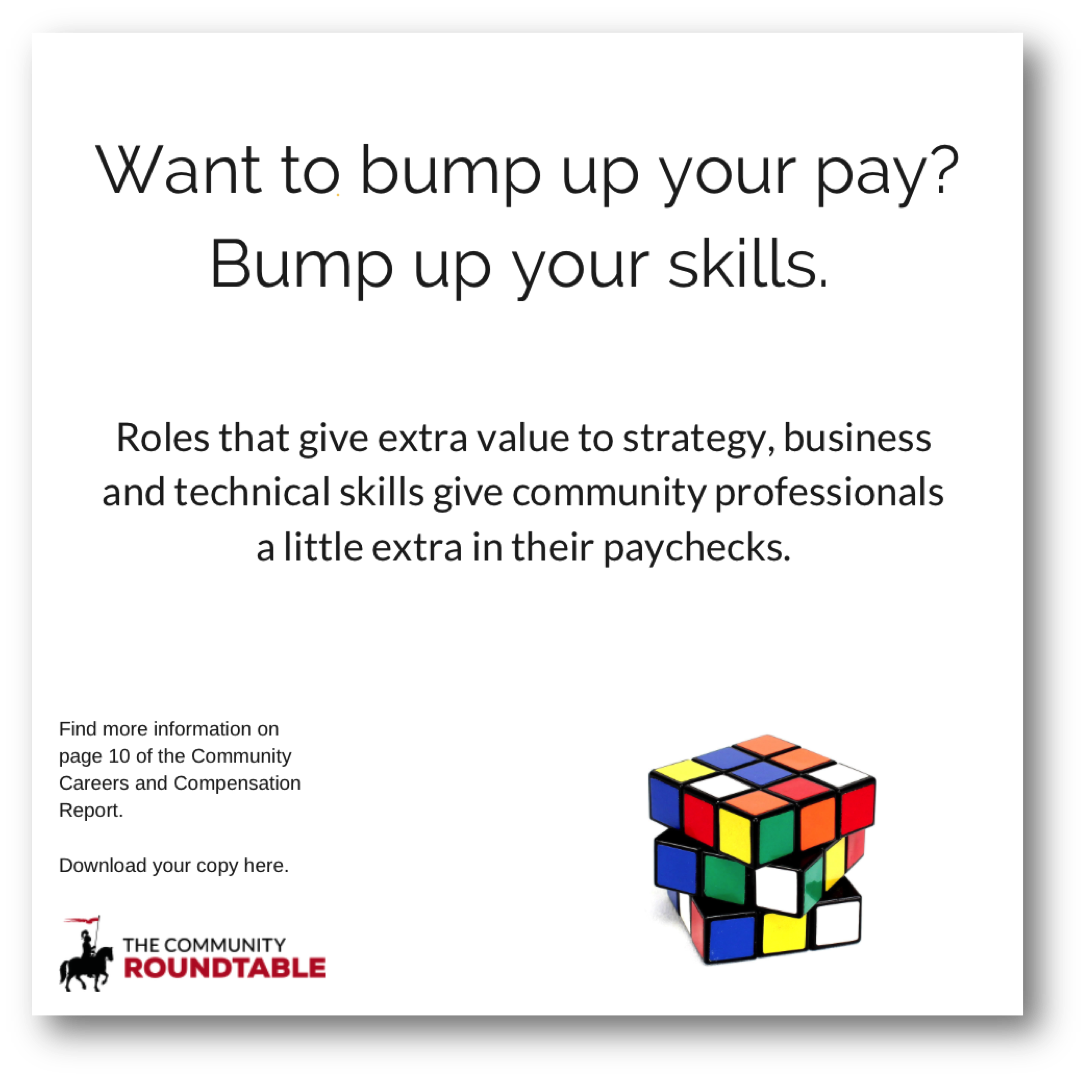
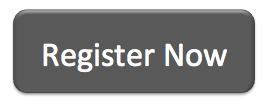
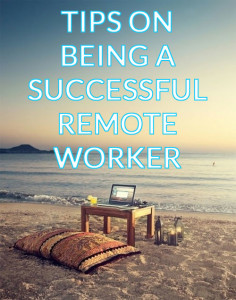 Good news community managers – The Community Careers and Compensation research conducted by TheCR found that nearly 45% of all polled community professionals work remotely. Not only does this mean less commuting in the industry, it also means the discipline has the flexibility to hire the best talent, regardless of geographic location.
Good news community managers – The Community Careers and Compensation research conducted by TheCR found that nearly 45% of all polled community professionals work remotely. Not only does this mean less commuting in the industry, it also means the discipline has the flexibility to hire the best talent, regardless of geographic location.
 can work wonders for you in a number of ways – they help cut down on endless email chains, allow you to understand a co-worker’s tone of voice, and help remind everyone involved that you work with real people … not disembodied screens.
can work wonders for you in a number of ways – they help cut down on endless email chains, allow you to understand a co-worker’s tone of voice, and help remind everyone involved that you work with real people … not disembodied screens.